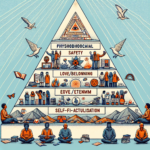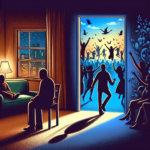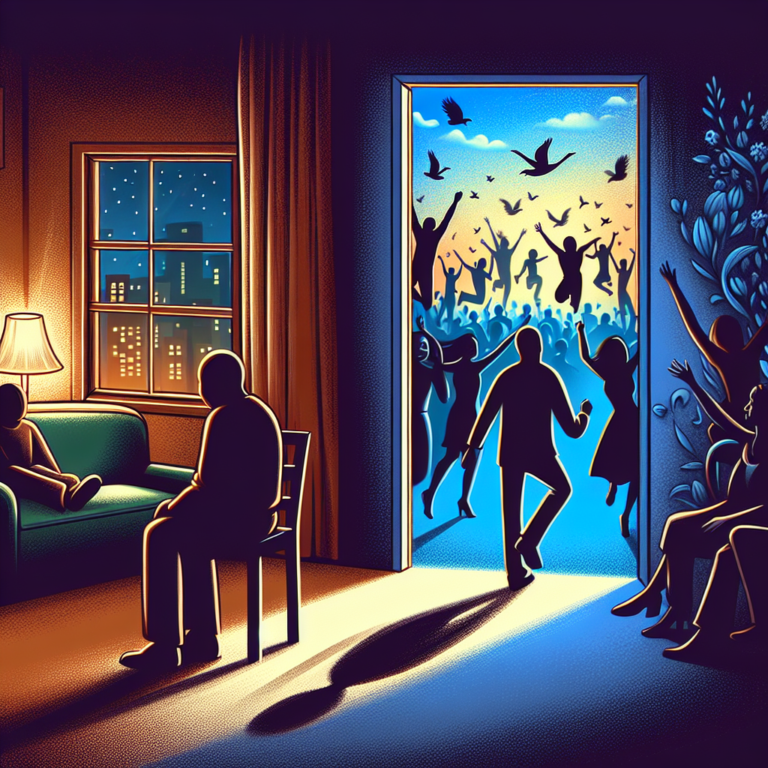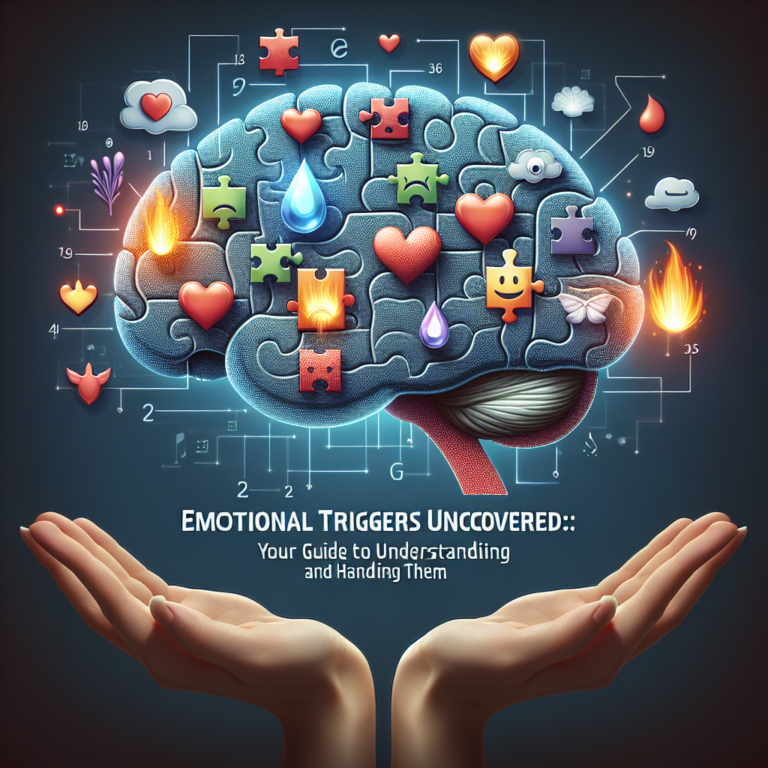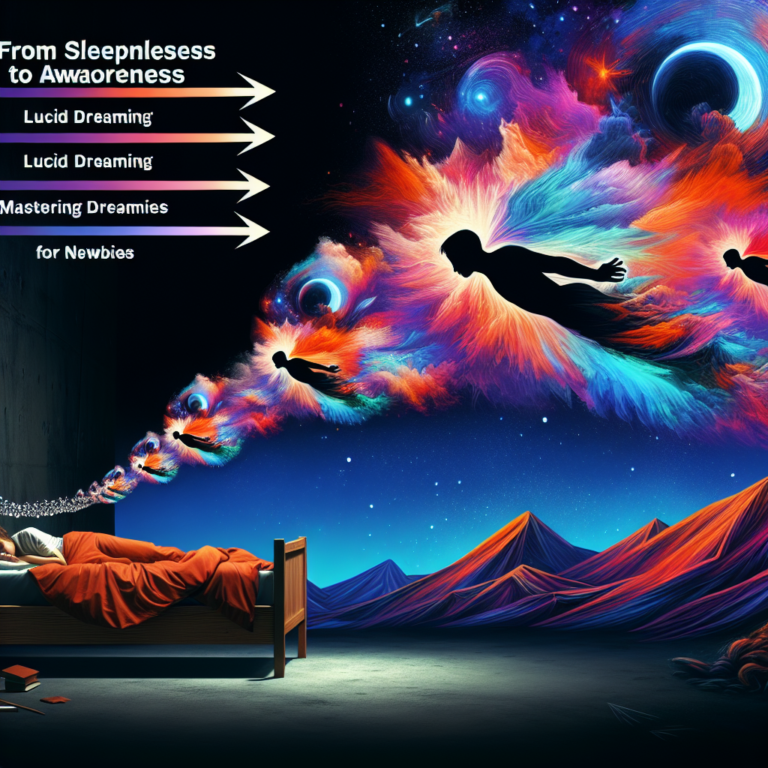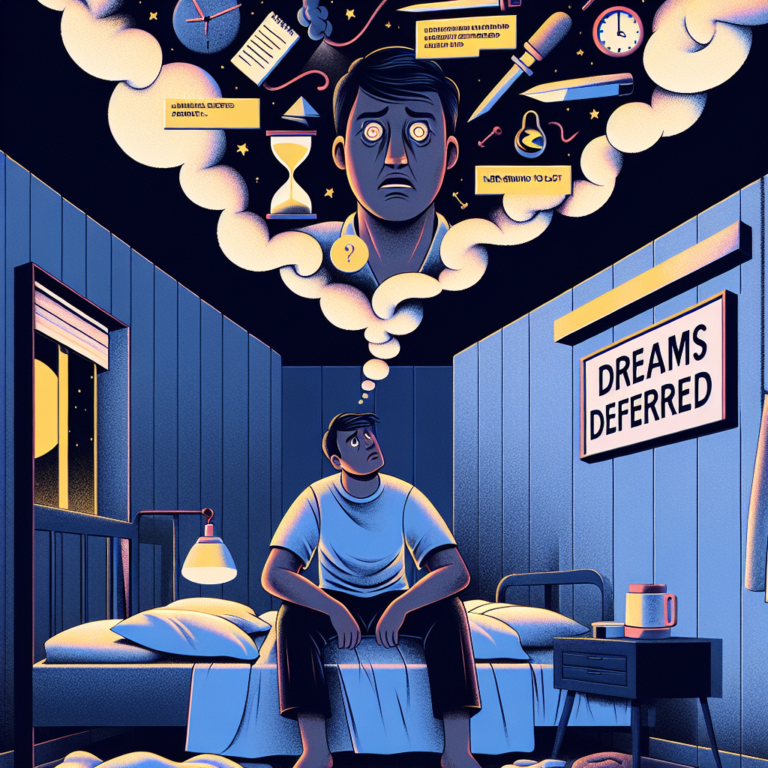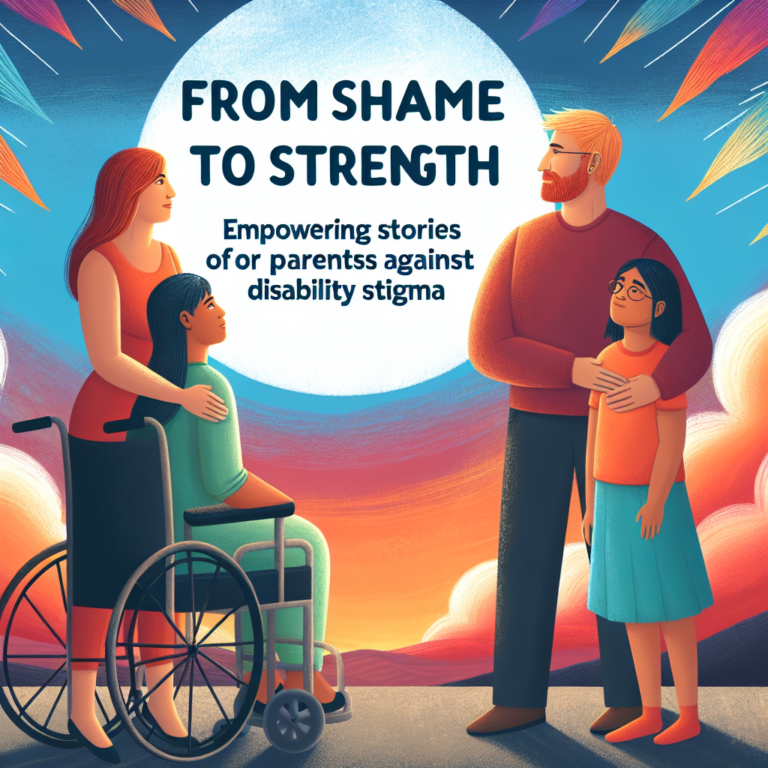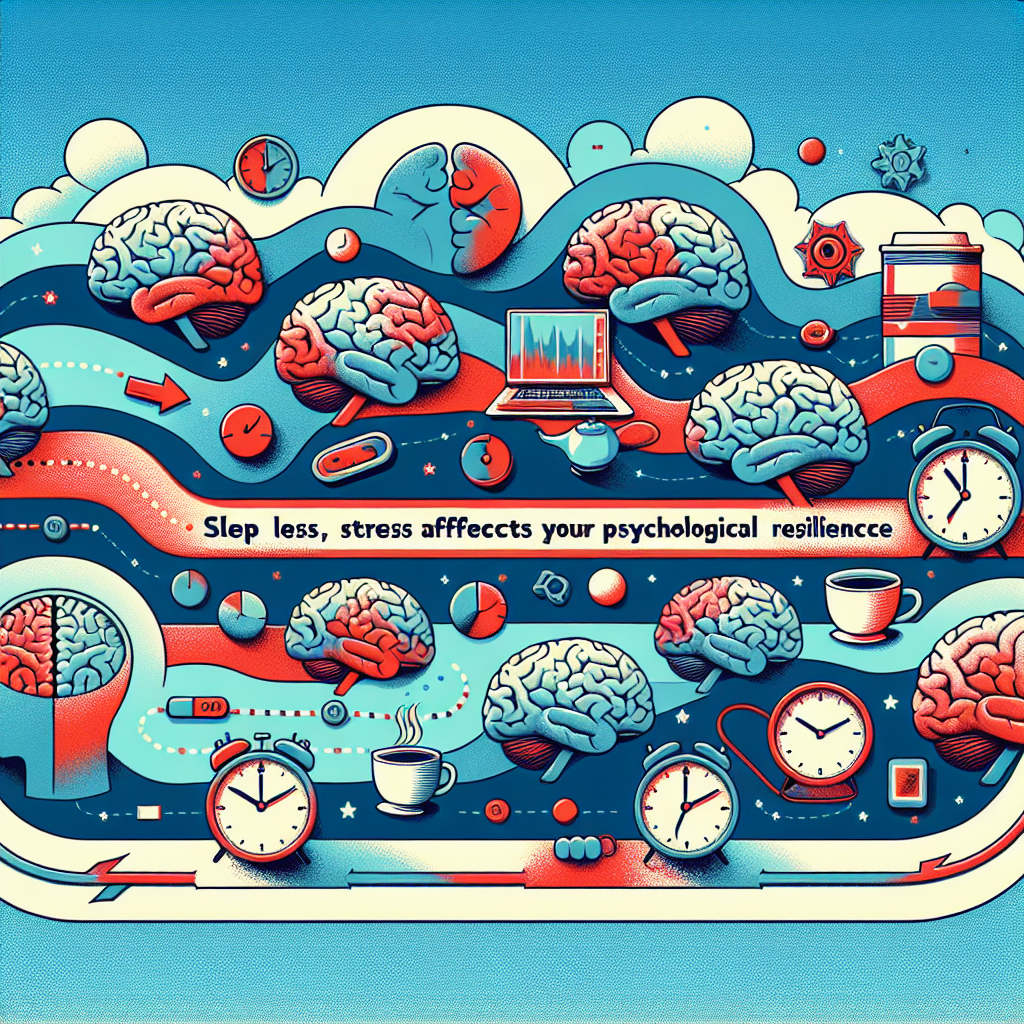
Sleep Less, Stress More: How Deprivation Affects Your Psychological Resilience
Introduction
In a world that celebrates the hustle and glorifies busyness, many find themselves sacrificing sleep in the name of productivity. Yet, as we delve into the saying "Sleep Less, Stress More: How Deprivation Affects Your Psychological Resilience," it becomes paramount to reassess the costs of our sleepless nights. Sleep is not merely a luxurious commodity; it’s an essential pillar for mental health and psychological resilience. This article will explore the compelling relationship between sleep deprivation and heightened stress levels, revealing critical insights that could reshape how you approach your nightly rest.
The Complex Relationship Between Sleep and Stress
Understanding Sleep Deprivation
Sleep deprivation occurs when an individual fails to obtain sufficient sleep, impacting cognitive functions, mood, and overall well-being. The National Sleep Foundation highlights that adults typically require 7-9 hours of sleep per night for optimal functioning. However, numerous studies show that a significant portion of the population consistently falls short of this requirement.
Stress: The Silent Companion of Insufficient Sleep
Stress, defined as a state of mental or emotional strain resulting from adverse or demanding circumstances, frequently intertwines with sleep deprivation. Cortisol, often dubbed the “stress hormone,” regulates your stress response. Elevated cortisol levels, induced by insufficient sleep, can lead to anxiety and depression, creating a vicious cycle that exacerbates stress.
The Impact of Sleep Deprivation on Psychological Resilience
Case Study: The Corporate World
Consider a typical corporate setting where employees routinely sleep less than the recommended hours. A 2018 study involving 1,000 corporate employees revealed a significant correlation between sleep deprivation and diminished resilience to stress. Employees who reported sleeping less than six hours nightly showed 50% more instances of burnout compared to their well-rested peers. The lack of adequate sleep not only reduced their capacity to cope but also resulted in increased absenteeism and decreased productivity.
Analysis: This case underscores the necessity of acknowledging sleep as a critical factor affecting resilience in demanding work environments.
Chart: The Sleep-Stress Connection
| Hours of Sleep | Psychological Resilience Level | Reported Stress Level |
|---|---|---|
| 8+ | High | Low |
| 6-7 | Moderate | Moderate |
| <6 | Low | High |
This chart illustrates how reduced sleep correlates with lower psychological resilience and higher stress levels.
Neurobiology of Sleep Deprivation
The Brain’s Response
Sleep deficits affect multiple brain regions, particularly those linked to emotional regulation, such as the amygdala. This area becomes hyperactive under sleep deprivation, heightening reactions to stressors. Conversely, the prefrontal cortex, responsible for logical thinking and decision-making, is negatively impacted, making it harder to manage stress effectively.
Hormonal Imbalances and Mood Shifts
With sleep deprivation, the body experiences hormonal fluctuations. Growth hormone production decreases, while cortisol increases. These hormonal changes contribute to mood disorders, affecting overall psychological resilience.
Real-Life Implications
Personal Anecdotes
Meet Jessica, a 32-year-old marketing executive who often sacrifices sleep for work deadlines. After months of sleep deprivation, she found herself struggling with anxiety and irritability. Her once-positive outlook turned pessimistic, and minor stressors began to feel overwhelming. It became evident that her lack of sleep was not just a personal issue but a barrier to her psychological resilience.
Takeaway: Jessica’s experience exemplifies how sleep deprivation can erode mental health and resilience, encouraging a broad audience to prioritize their rest.
Cultivating Psychological Resilience through Better Sleep
Strategies for Improved Sleep
- Establish a Routine: Going to bed and waking up at the same time daily helps regulate your body’s internal clock.
- Create a Sleep-Inducing Environment: Ensure your bedroom is dark, quiet, and cool, minimizing distractions and facilitating better sleep quality.
- Limit Screen Time: Reduce exposure to blue light from devices at least an hour before bedtime, allowing your body to prepare naturally for sleep.
Mindfulness and Stress Management
Mindfulness techniques such as meditation and deep-breathing exercises can enhance your ability to manage stress. Engaging in regular mindfulness practices improves not only sleep quality but also overall psychological resilience.
The Science Behind Sleep and Stress
Research Insights
Numerous studies support the connection between sleep deprivation and increased stress. A 2021 meta-analysis highlighted that individuals who slept less than six hours per night were significantly prone to anxiety and mood disorders. Furthermore, participants with consistent sleep patterns showed marked improvements in stress resilience over time.
Variations in Sleep Needs
It’s crucial to recognize that sleep needs can vary among individuals. While general recommendations exist, factors such as age, lifestyle, and genetics all play roles in determining the optimal hours of sleep necessary for resilience.
Longitudinal Perspectives
A longitudinal study monitored a group of individuals over ten years, assessing sleep patterns alongside psychological resilience. Those who maintained healthy sleep habits reported better stress management skills and overall happiness, reinforcing the ideal that "Sleep Less, Stress More."
Conclusion
The phrase "Sleep Less, Stress More: How Deprivation Affects Your Psychological Resilience" serves as a stark reminder of the intricate dance between sleep, stress, and mental well-being. As we’ve explored, the ramifications of sleep deprivation extend far beyond grumpiness or daytime fatigue; they seep into the very fabric of our resilience against life’s stressors.
It’s time to reconsider our priorities. Sleep is not a luxury; it is an essential investment in our mental strength and emotional balance. By fostering healthy sleep habits and prioritizing rest, you can arm yourself with a robust shield against stress, paving the way for a more resilient life. So tonight, as you wind down, remember: your bed is not just a place to rest—it’s a sanctuary for strength.
FAQs
1. How does sleep deprivation directly affect mental health?
Sleep deprivation leads to increased cortisol levels, negatively impacting mood and emotional regulation, resulting in anxiety and depression.
2. What are the recommended hours of sleep for adults?
Adults generally require between 7 to 9 hours of sleep per night for optimal psychological functioning.
3. Can naps help mitigate the effects of sleep deprivation?
Yes, short naps can temporarily boost alertness and improve mood, but they don’t replace the benefits of a good night’s sleep.
4. Are there specific sleep disorders that exacerbate stress?
Yes, disorders such as insomnia and sleep apnea can significantly increase stress levels and diminish resilience over time.
5. What lifestyle changes can enhance sleep quality?
Adopting a consistent sleep schedule, creating a calming bedtime routine, reducing caffeine intake, and limiting screen time can all improve sleep quality.
This comprehensive look into the connection between sleep and psychological resilience not only provides actionable insights but reinforces the timeless truth that prioritizing sleep may very well be the key to reclaiming your mental health and stress management.
